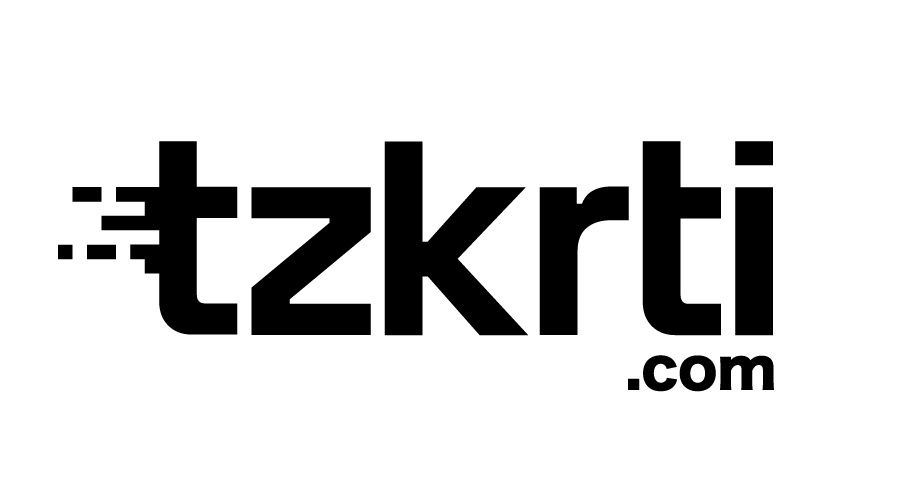Saudi Arabia’s Capital Market Authority (CMA) has announced sweeping amendments to its Investment Funds Regulations and Real Estate Investment Funds Regulations, marking a significant stride in the Kingdom’s financial market development. These crucial reforms aim to streamline processes for both local and international investors, ultimately deepening the market and accelerating economic diversification under Saudi Vision 2030.
Streamlining Access for Global Capital
A cornerstone of the CMA’s latest reforms is the simplification of investment pathways for foreign entities into Saudi-domiciled funds. Previously, foreign investors were mandated to appoint a local custodian, a requirement that often presented an administrative hurdle. The removal of this obligation significantly eases direct investment, making the Saudi market more attractive and accessible to international capital.
This strategic move is designed to inject greater foreign direct investment (FDI) into the Kingdom’s burgeoning financial sector, aligning with Vision 2030’s ambitious targets. By reducing friction, Saudi Arabia is actively positioning itself as a premier destination for global investors seeking exposure to its rapidly expanding economy, including high-growth startups and established enterprises.
Enhancing Fund Structures and Transparency
Beyond simplifying foreign access, the amendments introduce critical enhancements to the structure and governance of investment funds. New classifications for funds, based on their investment strategies, will offer greater clarity and sophistication to market participants. This allows investors to better understand and select funds aligned with their specific objectives, from equity and debt to private equity and venture capital.
A notable change also grants fund managers greater independence, enabling them to operate without the previous requirement of being owned by a publicly listed company. This fosters a more dynamic and competitive asset management industry, potentially encouraging new fund managers and innovative investment products to emerge. For retail investors, the reforms also pave the way for broader participation, potentially through new channels like crowdfunding, thus democratizing investment opportunities.
The reforms extend robustly to Real Estate Investment Funds (REIFs), allowing them greater flexibility in capital raising through debt and the issuance of various classes of units. To bolster investor confidence and market integrity, REIFs are now required to appoint two independent valuers for their assets, ensuring fair and transparent valuations. This focus on strong corporate governance and clearer operational guidelines underscores the CMA’s commitment to building a trusted and mature financial ecosystem.
Catalyst for Economic Diversification and Growth
These regulatory updates are not isolated changes; they are integral to Saudi Arabia’s broader strategy of developing a robust and diversified economy. By enhancing the legal and operational framework for investment funds, the CMA is directly supporting the growth of the asset management industry, which is crucial for channeling capital into productive sectors, including technology, renewable energy, and tourism.
The reforms are expected to increase market depth and liquidity, making the Saudi exchange a more compelling platform for capital formation. For MENA startups, this could translate into a wider pool of potential investors, from local institutional funds to international players now facing fewer barriers to entry. “The latest CMA reforms are a powerful signal of Saudi Arabia’s unwavering commitment to building a world-class financial market capable of attracting significant global capital and fostering domestic innovation,” commented an industry observer.
Looking Ahead
The recent approvals by the CMA are set to significantly bolster Saudi Arabia’s position as a leading financial hub in the MENA region. As these reforms take effect, the Kingdom anticipates an increase in Assets Under Management (AUM) within its investment funds and a greater sophistication in the financial products offered. The enhanced regulatory environment is also expected to attract more foreign direct investment, further accelerating the Kingdom’s non-oil economic growth.
For founders and investors within the MENA startup ecosystem, these changes signal a promising landscape with potentially more accessible capital and greater opportunities for portfolio diversification. The ongoing commitment to regulatory evolution underscores Saudi Arabia’s strategic vision to create a dynamic and competitive market that is both welcoming to global capital and supportive of local economic imperatives.
Source: Gulf Business














